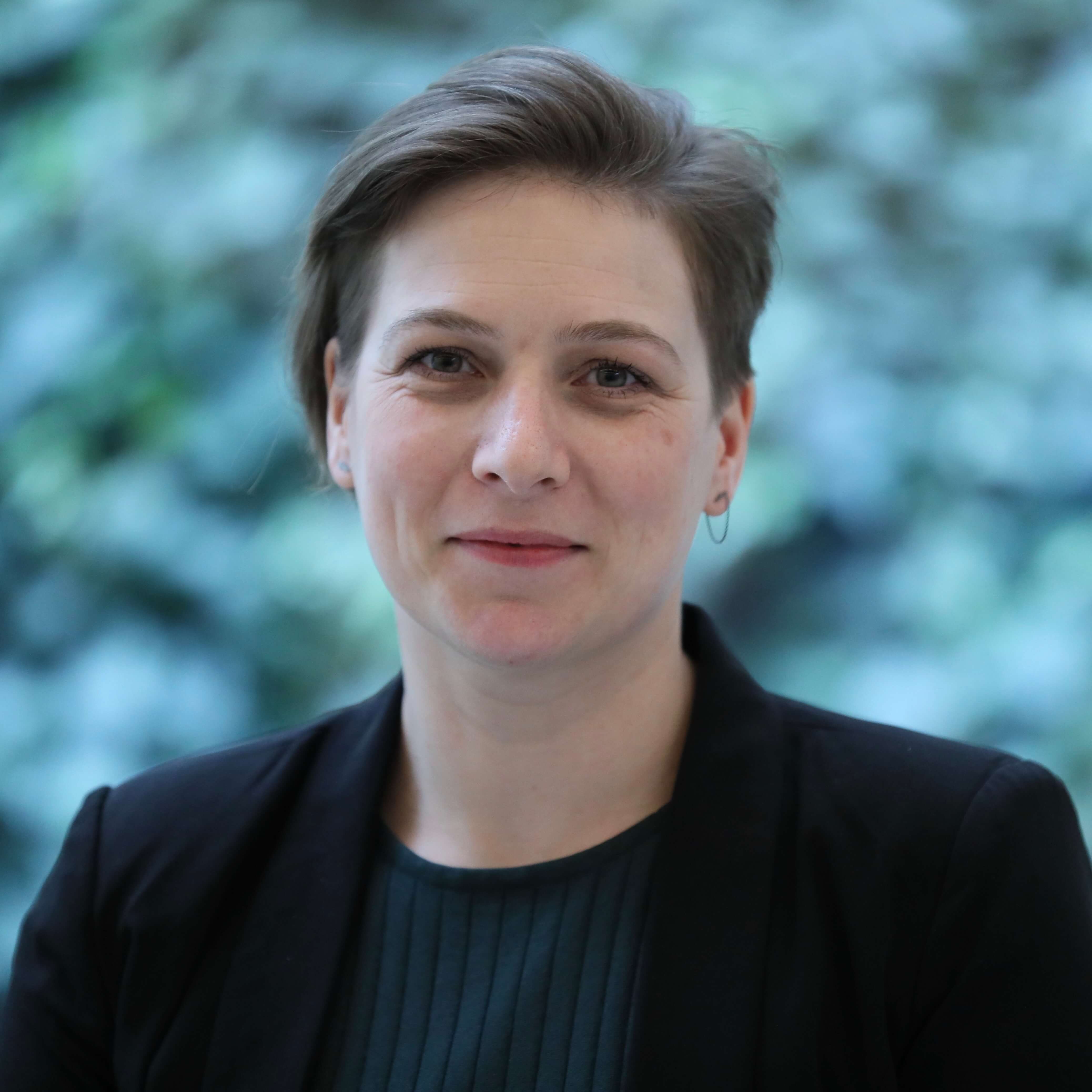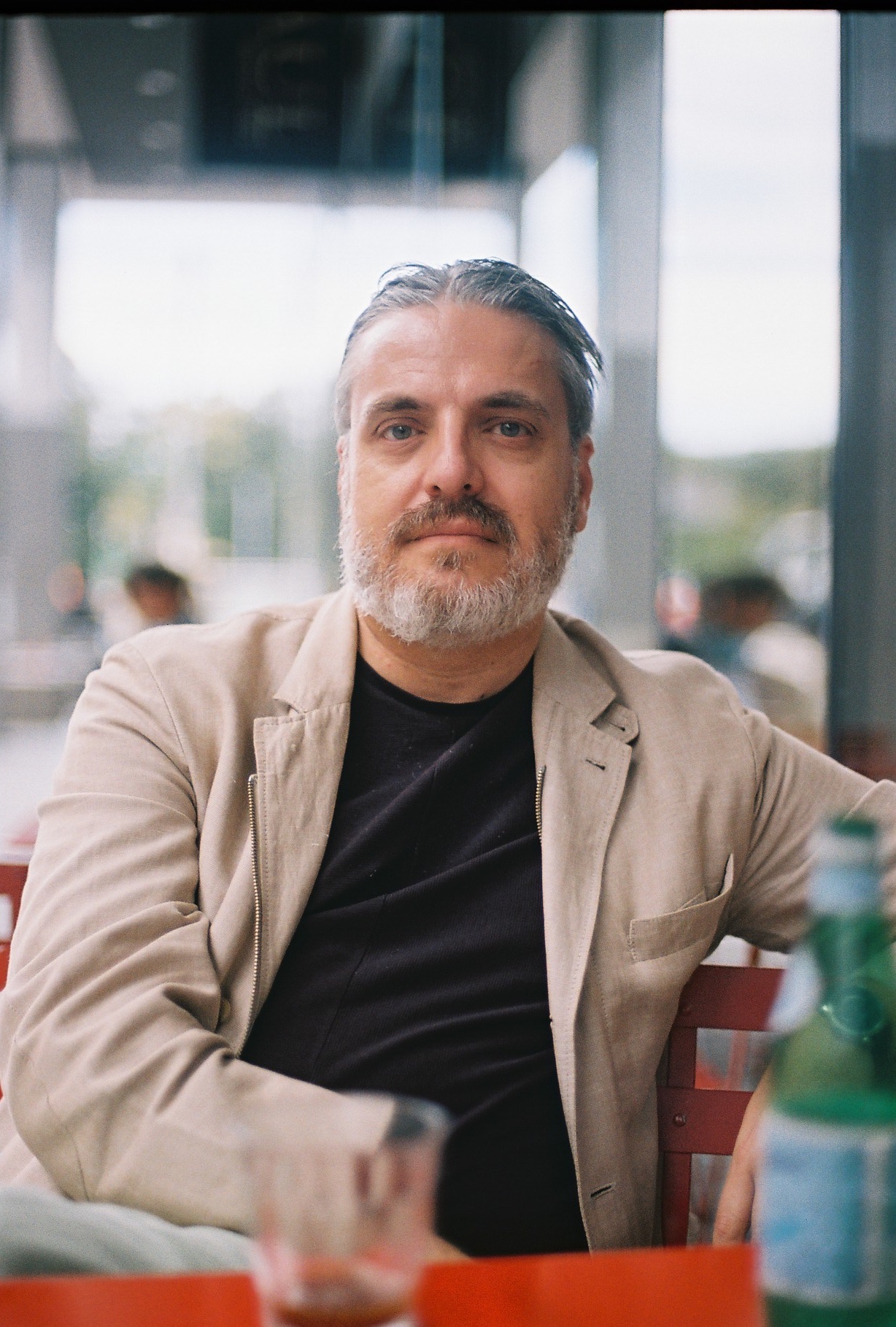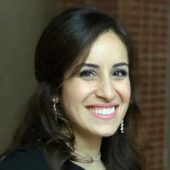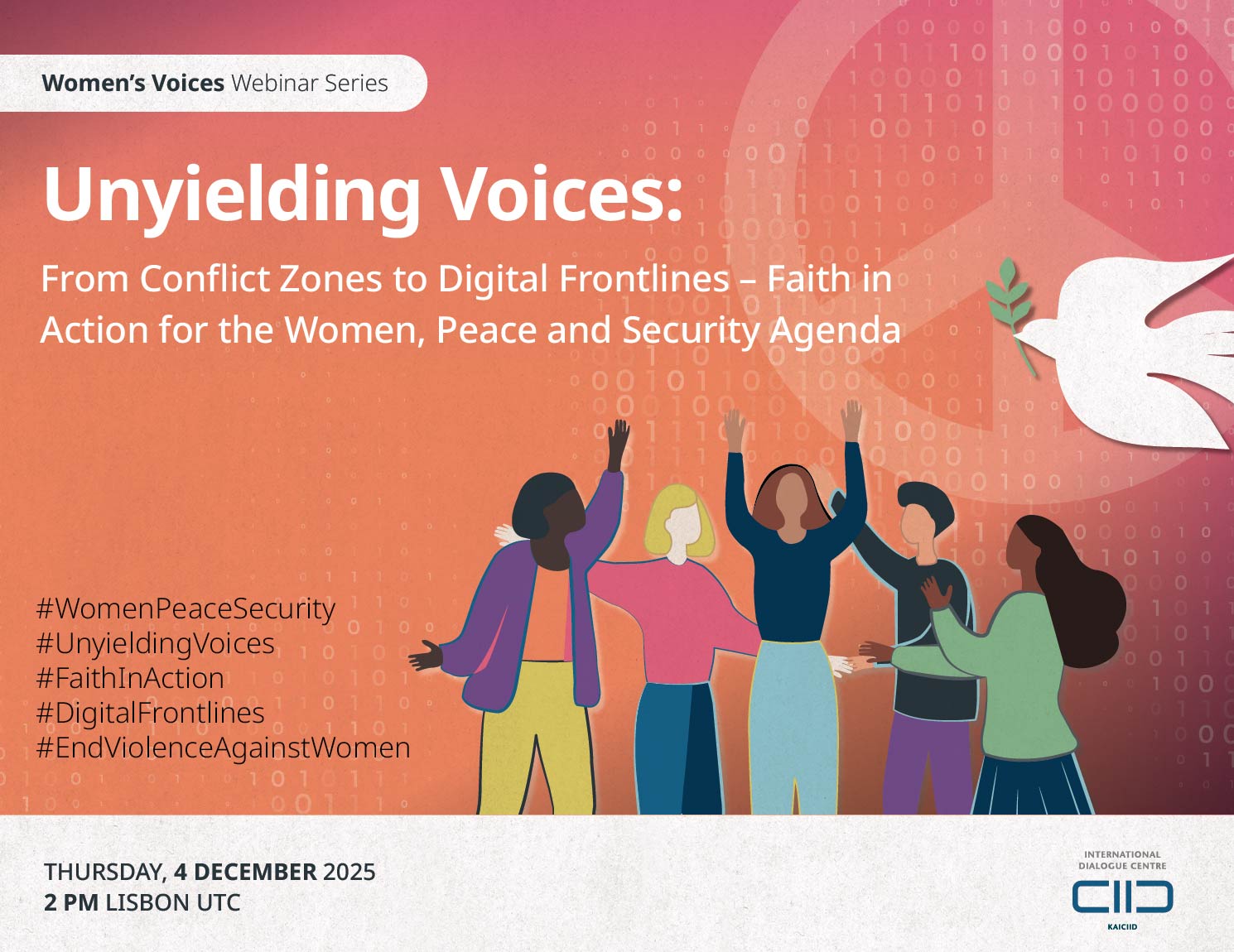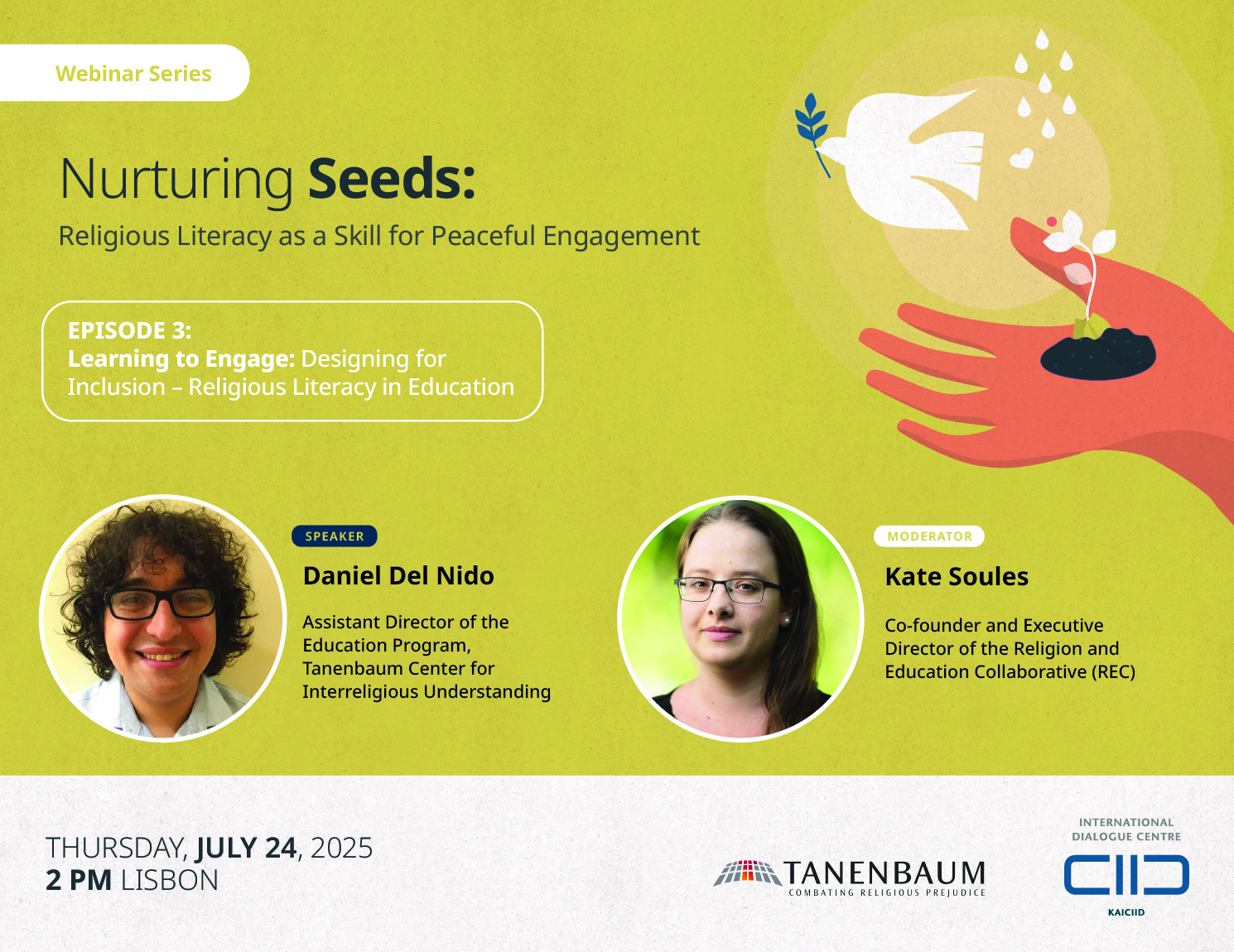Head of IOM’s Mental Health, Psychosocial Response and Intercultural Communication Section- Global
Guglielmo Schinina is Head of the Global Section for Mental Health, Psychosocial Response and Intercultural Communication at the International Organization for Migration and co-directs the Summer School for Psychosocial Interventions in Migration, Emergency and Displacement at the Scuola Sant’Anna in Pisa. In the last 25 years he has started up, managed, and supervised MHPSS programs for vulnerable migrants and victims of human trafficking, displaced and crisis affected populations, demobilized combatants and others in more than 70 countries worldwide, including in the Balkans, the Middle East, post-earthquake Haiti, East and West Africa, Europe and South America. Trained in Psychology and Social Communication, he is particularly passionate about community-based and culturally informed approaches to MHPSS and the use of creative expression for community mobilization and healing. He is the editor of several MHPSS tools including the IOM Manual on Community-Based MHPSS in Emergencies and Displacement. His latest publications are The Mental Health and Wellbeing of Migrants in the Context of the 2030 Sustainable Development Agenda in The Routledge Handbook of International Development, Mental Health and Wellbeing with Karoline Popp; and Il Discurso Sulla Migrazione Tra Oggettivazione e Abiettivazione in Vita e Pensiero, the Publishing House of the Catholic University of Milan.

